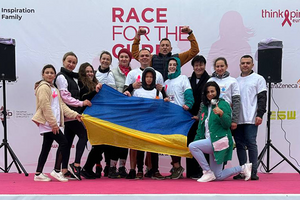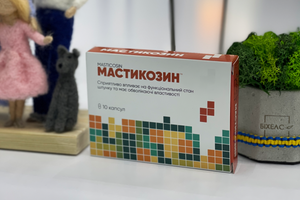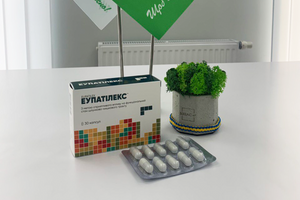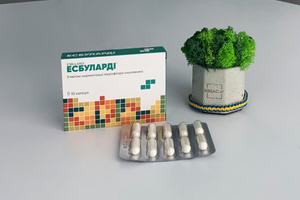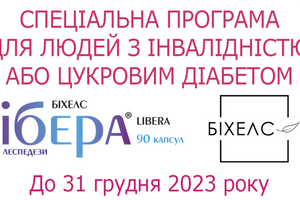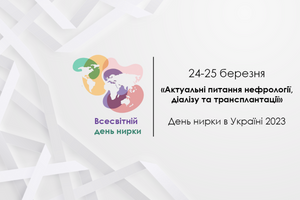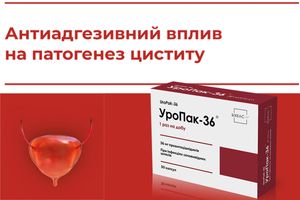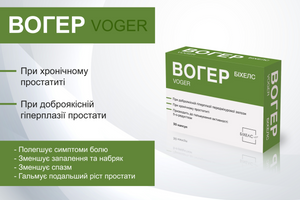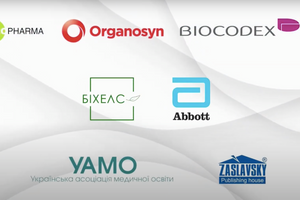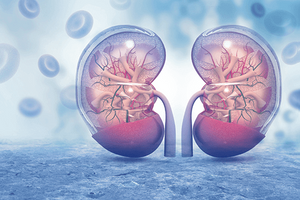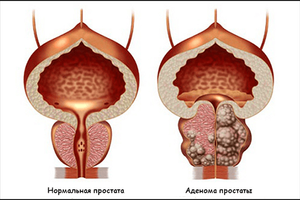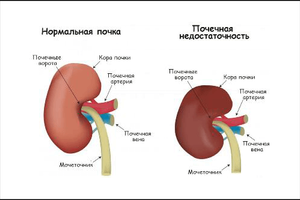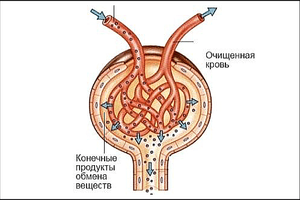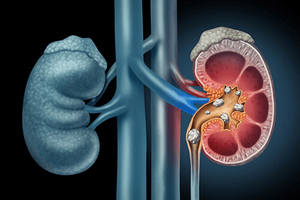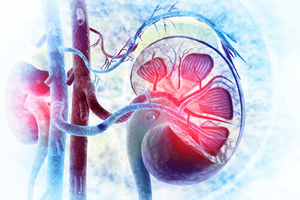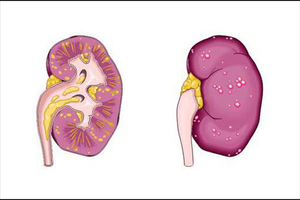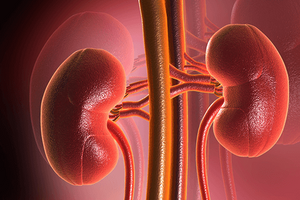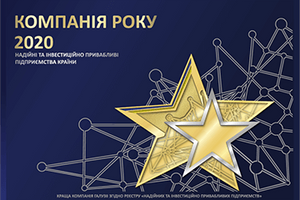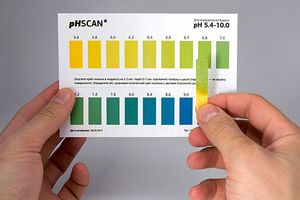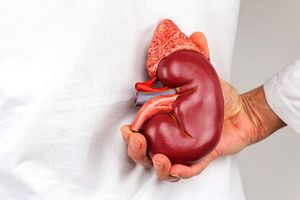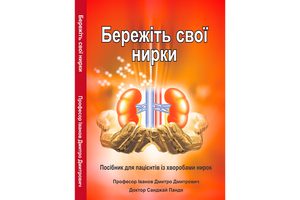.jpg) Topicality. Today's stress loads among the population of our country have increased significantly due to the accumulation of difficult life situations and influences. At the same time, periods of emotional overstrain (stress) have increased dramatically in the life of a modern person and periods of positive emotional states have decreased
Topicality. Today's stress loads among the population of our country have increased significantly due to the accumulation of difficult life situations and influences. At the same time, periods of emotional overstrain (stress) have increased dramatically in the life of a modern person and periods of positive emotional states have decreased
The presence of active military operations in the country and, as a result, the appearance of a stratum of the population with the status of "displaced persons"; the share of the population that is/was in the zone of temporary occupation; the appearance of the wounded and disabled among the civilian population posed completely new tasks for the body's adaptive systems, which it is not always ready to cope with.
It is also impossible not to take into account the deterioration of the socio-economic conditions of existence of the population, the fear of the uncertainty of the future, uncertainty about the future (living in other countries in the status of refugees, lack of permanent sources of income, destroyed housing and loss of property, etc.).
Over the past 2 years, the life of a person in Ukraine has been affected by a combination of two "dark forces", namely the war and the COVID-19 pandemic, and this influence continues.
Thus, existence in the conditions of a pandemic for more than two years led to the existence of the population in conditions of chronic stress and significant personal isolation, loss of social contacts; worsening of the general state of health (long-term covid, unwillingness/impossibility of timely full health examination, reduced immunity); loss of vigilance and refusal to use methods of prevention and personal protection due to a certain fatigue from the pandemic and the emergence of new challenges, such as war in the country.
For its part, the war for almost a year led to the layering of acute stress on already existing problems, deterioration of the social situation; forced change of place/country of residence (often repeated); interruptions in the supply of quality food products, medicines, dietary supplements, etc.; violation of "doctor-patient" contacts and, as a result, the impossibility of receiving timely and high-quality consultations and treatment.
The demographic situation in the country has been steadily deteriorating for a long time, and this trend has significantly deepened in recent years. Thus, according to the State Statistics Service, in 2019, an average of 25,700 babies were born every month, in 2020 - 24,500 babies, in 2021 - 22,000 children, and as of January 2022 - 18,000 newborns . In January 2022 (that is, before the start of the active phase of the war), 18,062 babies were born in Ukraine, which is 18% less than in January 2021, when 21,931 children were born. In January 2022, 1,934 babies were born in Kyiv, in January 2021 - 2,393, and in January 2020 - 2,828.
Further discussions on this issue are also disappointing. According to the Institute of Demography and Social Research, the population of Ukraine by 2030 will decrease to 35 million people at best, and to 30 million at worst; until the end of the XXI century. - up to 22 million (according to forecasts of the National Academy of Sciences of Ukraine).
War and pregnancy. Against the background of the mentioned troubles, it should be understood that there are significant risks of wartime for pregnant women, which can hinder the favorable course and termination of pregnancy. Among the most significant - huge psychological trauma, fear; problems of decision-making regarding evacuation: what to take, where to go, what to do in a new place, how to eat on the road, problems of hygiene and rest, shelling, etc.; life under occupation: constant fear of death and mutilation, loss of loved ones and current pregnancy; impossibility of medical supervision and full medical supply; violence and robbery; starvation; existence in conditions of cold and forced immobilization (absence of electricity supply, heat, communication, life in basements, cellars).
Accordingly, negative consequences for pregnancy are observed in such conditions:
stress and its psychosomatic consequences (sleep disturbances, panic attacks, increased irritability, tearfulness, hysterics, increased blood pressure and body temperature, etc.);
decrease in immunity (manifestations of chronic and acute infections, especially of the respiratory and urinary tracts, PID);
injuries, including and fire, burns, skin problems, frostbite;
anemia, which can lead to a decrease in immunity and the activation of latent infections, a negative impact on the formation of the CNS in the fetus in the early stages of development, risks of septic complications, etc.;
vitamin and mineral deficiency (as its effect - VVR in the fetus, pathology of the nervous system in the mother, negative consequences for the fetus);
loss of pregnancy (miscarriage, frozen pregnancy, premature birth), including against the background of prolonged starvation;
complications of pregnancy (threat of abortion, placental dysfunction, hypotrophy of the fetus, VUI, etc.);
aggravation of somatic diseases due to the shortage/absence of drugs for constant use, lack/limitation of medical assistance.
War, stress, pregnancy: how to reconcile problematic issues?
Поделиться
Share
Share












